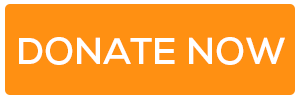Menstrual Health Education is a Priority for Young Girls in Lebanon’s Refugee Camps
Posted in: Programs
Anera’s awareness program helps girls take better control of their own health needs
Lebanon is experiencing a public health crisis that has resulted in a shortage of medicines and medical supplies. Though many do not consider menstrual health a priority, the soaring cost of proper menstrual hygiene products and lack of menstrual education is an issue for many women in Lebanon, who make up half of Lebanon’s 7.8 million population. Ironically, in 2020, the Lebanese all-male cabinet compiled a list of 300 items to be subsidized in the market, but failed to include menstrual period pads while men’s razors did make the list.
The lack of menstrual health products has pushed women and girls to resort to unhealthy practices, such as using newspapers, tissues, rags or the same disposable pad for days on end. Lebanon’s economic crisis has exacerbated the problem, especially in the impoverished and over-crowded Palestinian refugee camps.
So-called “period poverty” is humiliating for women who should have control over something as personal as their period. “Period poverty” is defined as the lack of access to sanitary products, a safe and hygienic place to use them and the right to manage menstruation without shame or stigma. The price of menstrual products in Lebanon soared tenfold as the economy deteriorated.
Having access to knowledge and information about period safety and personal hygiene is also of utmost importance to women’s health and by extension to public health in general.
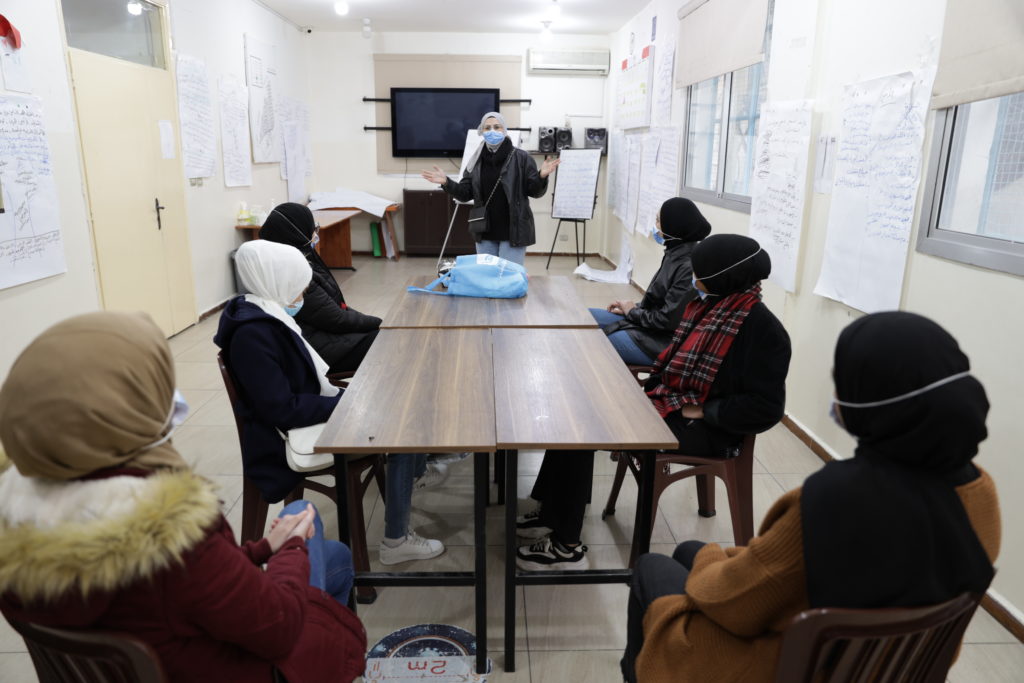

To address this issue, Anera’s public health team organized a series of menstrual hygiene activities as part of the ‘Empowered Communities in Action’ project, funded by UNICEF. Anera held awareness sessions in schools located in five major Palestinian refugee camps across Lebanon, including Nahr El Bared, Beddawi, Burj El Barajneh, Shatila and Ein El Hilweh.
The program included information and awareness sessions for girls, aged 12-16, and the distribution of “My Body-My Health” information kits to 3,000 girls. The kits were donated by the German Development Bank (KFW). Anera’s trained youth and hygiene promotion daily workers provided instruction on time management, good hygiene practices, pain management, healthy diets and general well-being.
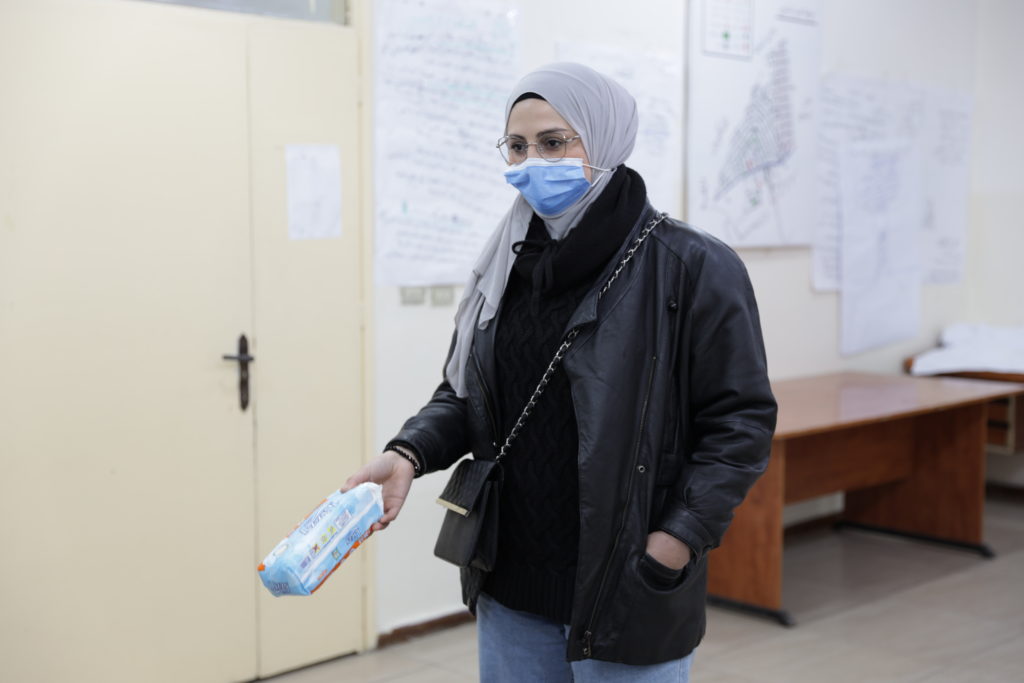

Souad Suleiman is director of Al-Mazar Intermediate School for Girls in Beddawi Palestinian Refugee Camp. She believes the awareness sessions are critical for mothers who cannot provide their daughters with all the health and scientific knowledge. She says one of the objectives of the awareness sessions is to break the cycle of misinformation and debunk myths that are passed down from one generation to another. “One of the problems we faced before these sessions is that the girls did not learn to count the days of their menstruation cycle to learn the approximate date their periods start.” Souad says young girls were shocked or fearful of their condition because of the lack of menstrual awareness and preparation.
Souad also echoed other educators who underscored the positive impact of the kits, especially given the soaring cost of menstrual supplies during Lebanon’s economic crisis. “We discovered that many of our students are forced to use the same pad for a long time or other unhealthy practices because they cannot afford to buy them.” In addition to informational literature, the kits also include sanitary pads, soap, socks, underwear and even a solar lamp to use during power outages.
Thirteen-year-old Sarah Saad lives in Beddawi camp. She was thrilled to get a kit and to learn so much about her period and menstrual health. She says she is confident now that it will be easier to handle. “I haven’t gotten my period yet but I learned from this session what a menstrual cycle is and how to deal with my period. And, most important, I learned not to be ashamed or afraid. I think all girls should know as much as possible about it.”
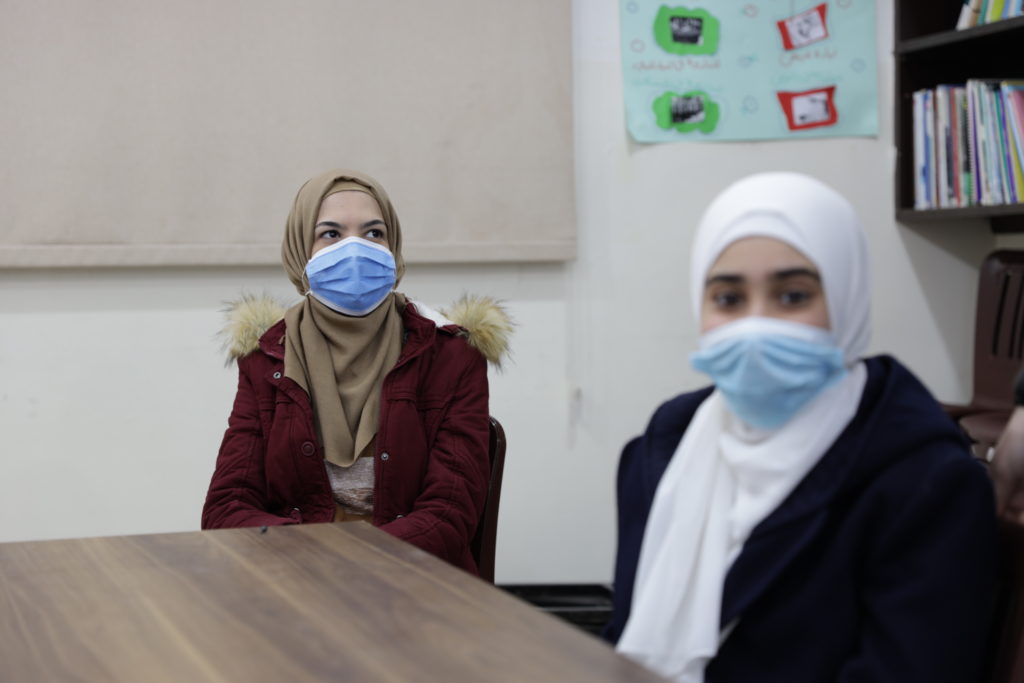

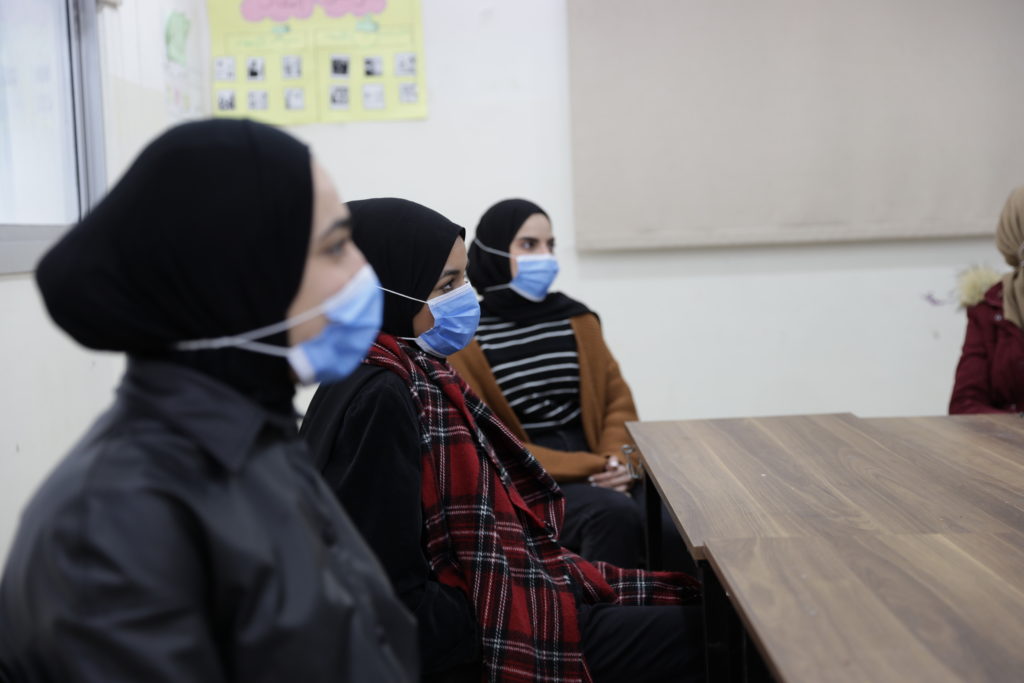

Lina Al-Omari is an 11-year-old Palestinian refugee living in Beddawi camp. She wants to become a veterinarian when she grows up. Right now though, she is a bit anxious about her period and what awaits her. “One of the weirdest rumors I heard is that you have to stop eating pickles and citrus fruits or even take a shower during your period. Now, I know that’s absurd!”
Sima Abed Al Kader is a 12-year-old student at Quibya School in Ein El Hilweh camp. She has just gotten her period. Like many of the girls she did not know the difference between menstruation and the menstrual cycle. The sessions helped clarify things. “I learned why it’s so important that every girl should have a monthly cycle calendar. I learned how to calculate the timing of my period. Now, I can prepare ahead of time, which is important in this hard economic situation.”
“I loved my kit,” says Sima. “The thing I liked the most was the soaps. They smell good and the set of pads is very helpful.”
Thanks to Anera’s awareness program, Lina and girls like her now understand that menstruation is a natural function of a woman’s body and nothing to fear when handled in a healthy manner. And, the health kits they received are providing them with the items they need without a financial outlay from their families.
OUR BLOG
Related
In Gaza, systematic bombardment of civilian housing and infrastructure has created a crisis of shelter that is endangering over a million.
The undersigned members of the Association of International Development Agencies (AIDA) urgently call upon the international community to intervene and halt settler attacks targeting Palestinian civilians and protect Palestinian communities near illegal settlements. The International NGO Community urges international actors…

